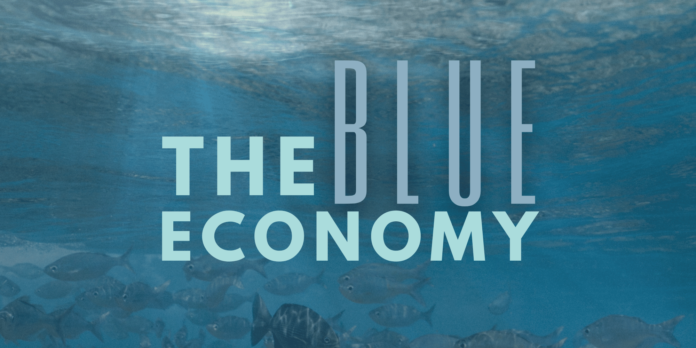Caribbean Community (CARICOM) countries have called for a multilateral approach to transition to a “Blue Economy,” aiming to balance economic development, social cohesion, and sustainability effectively.
Leaders from Dominica and Grenada highlighted that this initiative could help address key challenges such as biodiversity loss, climate change, unsustainable fishing, marine pollution (especially from plastics), and unsustainable maritime transport.
During the ninth Our Ocean Conference, Dominica’s Prime Minister Roosevelt Skerrit emphasized the urgency of the situation, stating, “Clearly, there is a crisis and a need for urgent action.”
Skerrit also noted that countries attending the conference, organized by the government of Greece, are “at the mercy of the developed world.”
“We have been to many of these engagements… and we commend the government of Greece for hosting this important conference, but we need to see more concrete action taken,” Skerrit added.
He further stated that while efforts are being made by islands to mitigate the impacts of climate change, more needs to be done by the developed world.
Skerrit highlighted Dominica’s conservation efforts, including the declaration of the first sperm whale reserve in the world last year, along with significant portions of the country being protected as forest and marine reserves.
Grenada’s Prime Minister Dickon Mitchell echoed Skerrit’s sentiments, emphasizing the region’s commitment to sustainable marine resource utilization and development.
Mitchell outlined Grenada’s initiatives, such as the integrated coastal zone management policy, non-biodegradable waste control act, ban on single-use plastics, and blue economy roadmap, aimed at fortifying coastal resilience and sustainable fisheries management.
He stressed the importance of multilateralism and urged the large land countries responsible for the crisis to work together with small island states to tackle these challenges effectively.
Grenada plans to ratify conventions, including the BBNJ (Beyond National Jurisdiction) High Seas treaty, and advance negotiations on the plastic treaty and other initiatives at upcoming conferences.
Mitchell highlighted the importance of involving young people in these efforts, noting Grenada’s collaboration with UNESCO to pioneer a blue school’s curriculum starting in September to promote marine literacy among youth.
In conclusion, Mitchell reaffirmed Grenada’s commitment to multilateralism in addressing the crises facing oceans but emphasized the need for cooperation from large land countries to effectively tackle these challenges.














